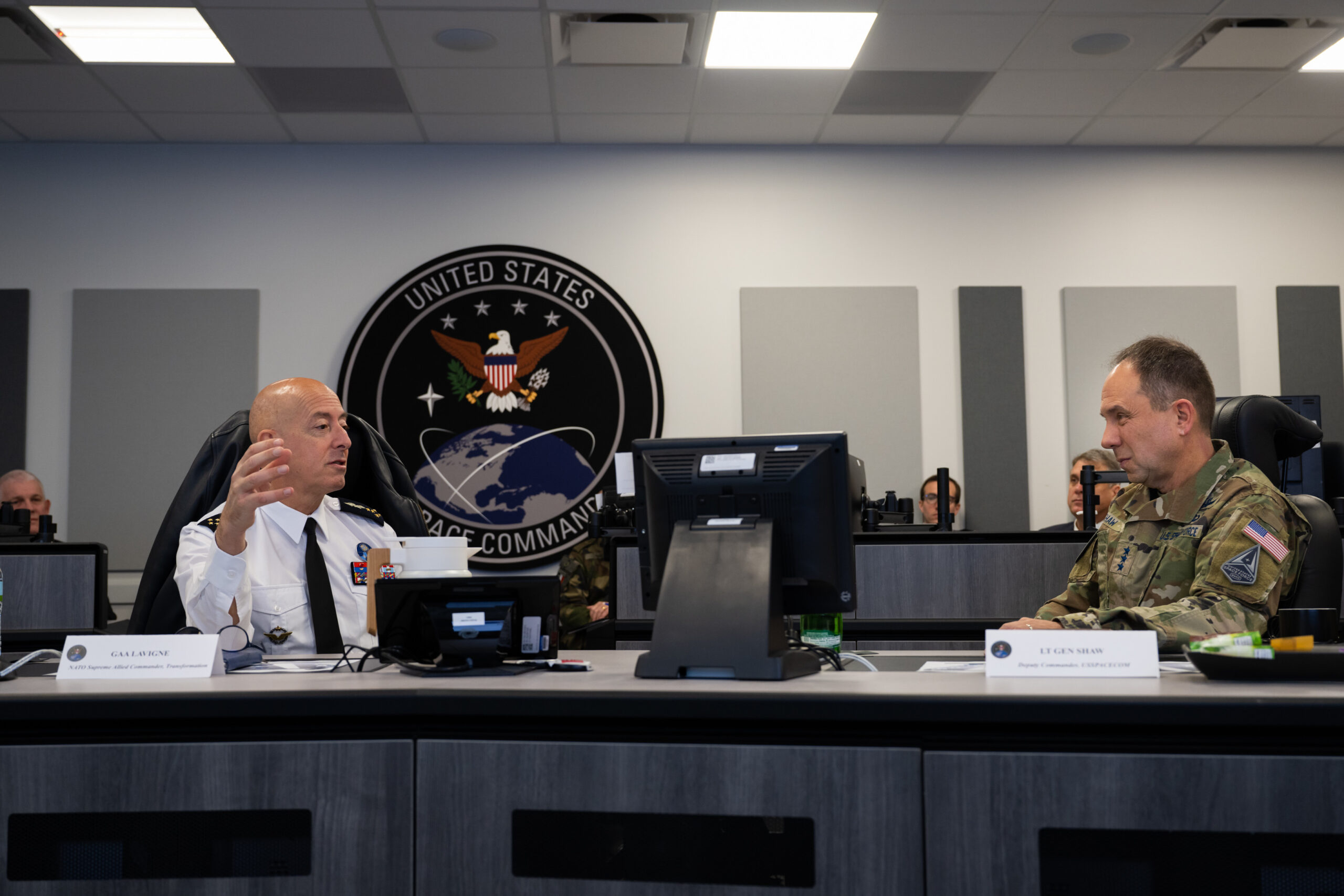Products You May Like
WASHINGTON — The U.S. Defense Department on March 3 released updated guidelines for safe and responsible space operations.
These guidelines were issued Feb. 9 by Defense Secretary Lloyd Austin in a memo that lays out five “tenets of responsible behavior in space.” Austin first released the tenets in July 2021. The update reflects recommendations from U.S. Space Command and includes specific behaviors for each of the five tenets.
U.S. Space Command said the list of behaviors was developed in consultation with the military services, DoD leaders, the National Reconnaissance Office, the Department of State and the National Security Council staff.
The guidelines apply to military operations, not commercial or civil space activities.
Tenet 1: Operate in, from, to, and through space with due regard to others and in a professional manner.
When conducting a rendezvous or operating in proximity to the space objects owned or operated by non-U.S. government entities, avoid actions that may harmfully interfere with the function of the other space object, or where the effect will cause or significantly increase the risk of a potential collision.
Tenet 2: Limit the generation of long-lived debris
Design, operate, and maintain space objects through end-of-life disposal in ways that limit the generation of long-lived debris.
Tenet 3: A void the creation of harmful interference
Take all practicable steps to prevent affecting the command and control of space objects in a manner that increases the risk of loss, damage, or destruction of a space object.
Take all practicable steps to prevent interference with capabilities that contribute to strategic stability, including but not limited to: national technical means of verification; strategic missile warning space systems; and nuclear command, control, and communications (NC3) space systems.
Tenet 4: Maintain safe separation and safe trajectory
Ensure space objects designed to conduct rendezvous or proximity operations have appropriate collision avoidance systems and follow trajectories that allow other space objects to maneuver in a safe manner.
Tenet 5: Communicate and make notifications to enhance the safety and stability of the domain
Provide notifications to affected parties if a potential collision is predicted, and, provide public notification as soon as practicable in the event of an uncontrolled or anomalous reentry.
Share space situational awareness data, including space objects and debris locations, as necessary to facilitate spaceflight safety, avoid collisions, and minimize launch and reentry risks.
As soon as practicable, provide notifications to affected parties of the loss of control of a space object, if that loss of control may result in a collision, cause interference with other space objects, or cause an uncontrolled reentry.
U.S. military trying to be more transparent
DoD released the guidelines to provide “transparency about U.S. military space activities in order to reduce the risk of misunderstanding and miscalculation,” U.S. Space Command said. “We are not asking other nations to adopt internal DoD guidance.”
DoD’s tenets “should be viewed as complementary to other U.S. government department and agency efforts,” the command said.
The U.S. government follows a number of policies and protocols with regard to orbital debris and safety of space operations, including the United States Orbital Debris Mitigation Standard Practices, the United Nations Long-Term Sustainability Guidelines, and most recently a U.S. commitment not to conduct destructive direct-ascent anti-satellite missile tests.
